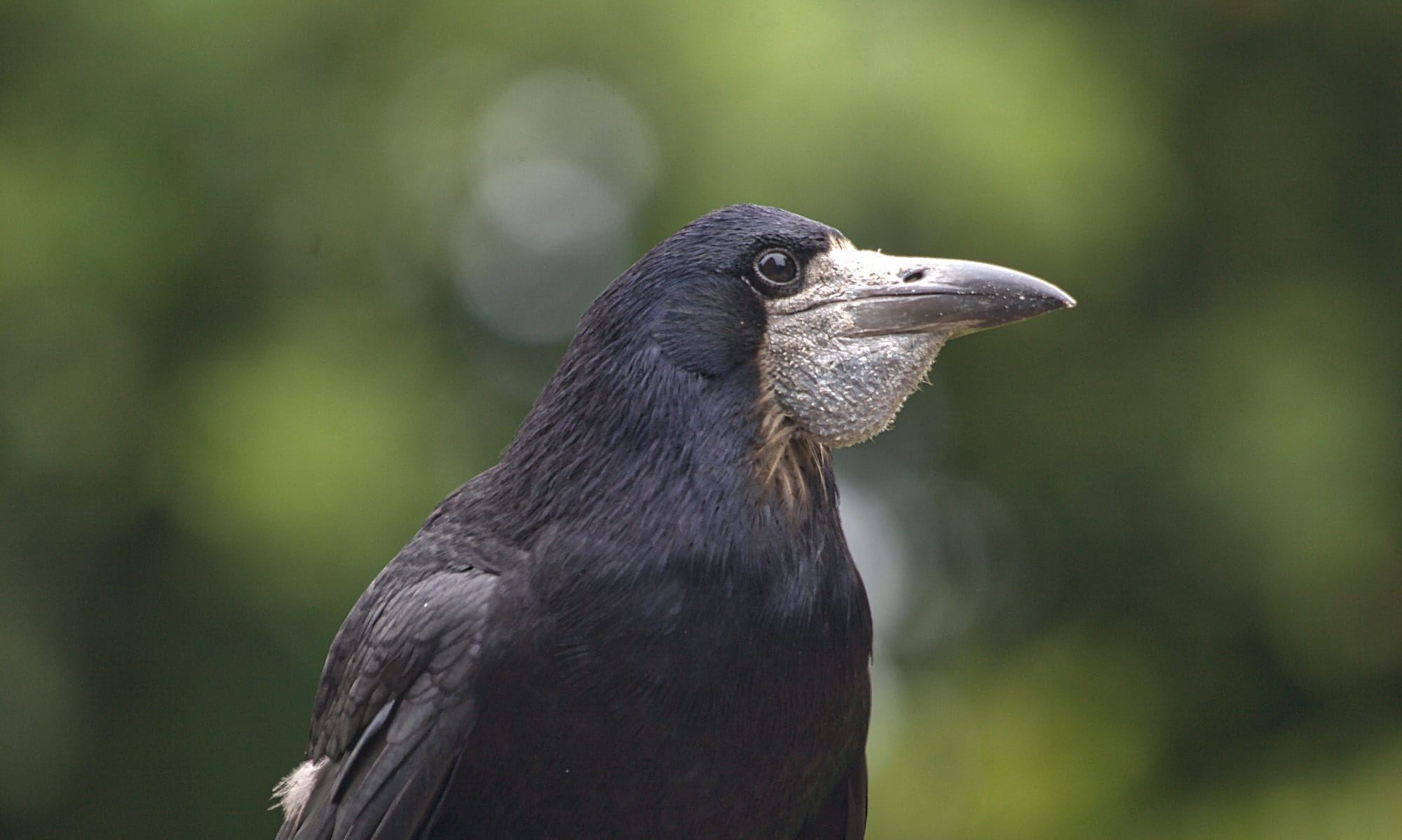Being sentient means to have the capacity to have positive and negative experiences, such as feeling pain and pleasure. This applies at the very least to all animals with centralised nervous systems. Sentient beings have their very own unique personalities. We should refer to them as “he/she”, “them/they” or by species. The words “it” or “thing” should not be used to refer to an animal, and “who” is used rather than “that”. If you do not know the gender, then choose one: “he” or “she”. Even if your gender choice is wrong, it is more respectful than “it”. This is an important way of demonstrating the respect we ask others to afford all animals.
Wild Animals In Short And Longterm Care
Working with wild animals requires that we recognise and acknowledge the privilege and responsibility we have, when interacting with sentient beings, who deserve to be treated with respect and dignity. It is a fundamental part of our work to ensure that our short and longterm patients are coping well with being temporarily or permanently kept in captivity. Experience and intuition are needed to achieve the best possible outcome for the animal concerned. All our patients are constantly monitored and frequently re-assessed. This is a process that continues throughout the animals’ life and is dependent on the personality of the individual and her or his adaptability, which might also change over time.

Wild Animals And Their ‘Use” For Educational Purposes
Wild animals should not be kept in captivity for the purpose of subjecting them to the stress of a public display for educational or charitable purposes, even when those displays are happening in a classroom. Public releases are not acceptable either, because they do not benefit the animal concerned, and serve only the ego of the person releasing the animal. There are a multitude of far more efficient educational media tools available, which can be specifically tailored to suit the needs of the audience targeted. The abuse of sentient beings for educational purposes sends a message to the public, which is basically saying that animals can or should be tamed, kept as pets or that they are objects for human diversion, entertainment, recreation or education.

Why Rescuing Birds Who Are Being Regarded As Pests?
We are occasionally being asked, why we rescue and rehabilitate birds, which are not endangered or are regarded as so-called ‘pest’ species. Sadly it is often believed that only certain species should be considered and preserved, because they have some sort of value in themselves, a value unrelated to what is in the best interests of the individuals, who are members of that particular species. However, it is the individual who matters, and not how many animals of one particular species exist.
‘Someone – Not Something’ Campaign
Environmentalism And Ecocentrism
When only the balance of an ecosystem or the preservation of a particularly chosen species matters, then this viewpoint becomes ethically unacceptable. This view forms the foundation of a common approach, which is also known as environmentalism or ecocentrism. In this view, the actual lives and the wellbeing of individual animals, who live in these ecosystems, do not matter. Our view is different. We believe that sentient beings should be seen as individuals, who have morally relevant interests in being alive and in not being harmed. These interests do not vary according to the fact whether a species is rare or common.

A common argument being used when defending environmentalism is that species preservation is important because loosing a species means that knowledge will be lost and that the complexity and beauty of biodiversity will no longer be available to be experienced by humans. However, this is a self-centred or anthropocentric point of view. When biodiversity is intrinsically valuable, then it is valuable independently of its benefits to humans.
Gallery Of Previous Non-Corvid Patients
Defenders of species conservation often value different species differently. Popular animals, like hedgehogs, gorillas, red squirrels or bottlenose dolphins are considered more valuable than less appealing animals like rabbits, carrion crows, insects or fish, simply because humans like them more than others. Treating sentient beings with love and respect is at the heart of our approach. We are strictly against the moral discrimination of certain individuals based on their membership to a particular species.


